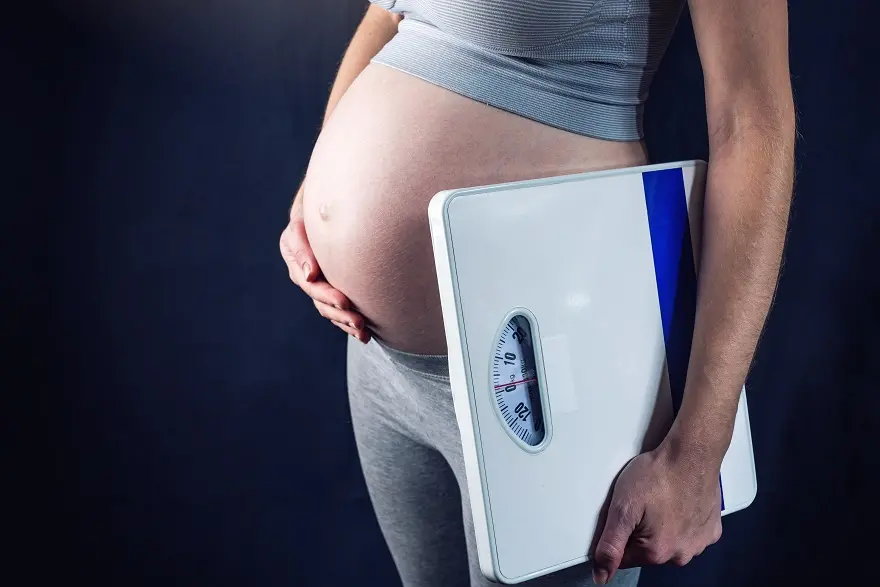- Home
- Medical news & Guidelines
- Anesthesiology
- Cardiology and CTVS
- Critical Care
- Dentistry
- Dermatology
- Diabetes and Endocrinology
- ENT
- Gastroenterology
- Medicine
- Nephrology
- Neurology
- Obstretics-Gynaecology
- Oncology
- Ophthalmology
- Orthopaedics
- Pediatrics-Neonatology
- Psychiatry
- Pulmonology
- Radiology
- Surgery
- Urology
- Laboratory Medicine
- Diet
- Nursing
- Paramedical
- Physiotherapy
- Health news
- Fact Check
- Bone Health Fact Check
- Brain Health Fact Check
- Cancer Related Fact Check
- Child Care Fact Check
- Dental and oral health fact check
- Diabetes and metabolic health fact check
- Diet and Nutrition Fact Check
- Eye and ENT Care Fact Check
- Fitness fact check
- Gut health fact check
- Heart health fact check
- Kidney health fact check
- Medical education fact check
- Men's health fact check
- Respiratory fact check
- Skin and hair care fact check
- Vaccine and Immunization fact check
- Women's health fact check
- AYUSH
- State News
- Andaman and Nicobar Islands
- Andhra Pradesh
- Arunachal Pradesh
- Assam
- Bihar
- Chandigarh
- Chattisgarh
- Dadra and Nagar Haveli
- Daman and Diu
- Delhi
- Goa
- Gujarat
- Haryana
- Himachal Pradesh
- Jammu & Kashmir
- Jharkhand
- Karnataka
- Kerala
- Ladakh
- Lakshadweep
- Madhya Pradesh
- Maharashtra
- Manipur
- Meghalaya
- Mizoram
- Nagaland
- Odisha
- Puducherry
- Punjab
- Rajasthan
- Sikkim
- Tamil Nadu
- Telangana
- Tripura
- Uttar Pradesh
- Uttrakhand
- West Bengal
- Medical Education
- Industry
Obesity in pregnancy tied to myocardial dysfunction over postpartum period: Study

Italy: Obesity during pregnancy in women aged greater than 35 yrs, and low chronic inflammation is tied to a significantly increased risk of persistent subclinical myocardial dysfunction over the postpartum period, reveals a recent study. The study appears in The International Journal of Cardiovascular Imaging.
No previous research has provided a complete functional evaluation of all the heart chambers in pregnant women with obesity. Moreover, there is no clarity on the impact of cardiovascular changes associated with obesity in pregnancy on maternal outcomes.
Andrea Sonaglioni, Ospedale San Giuseppe MultiMedica IRCCS, Milan, Italy, and colleagues examined 46 consecutive pregnant women with obesity, defined by body mass index (BMI) ≥ 30 Kg/m2, and 83 age- (35.5 ± 4.1 vs. 34.1 ± 5.1 yrs), gestational week-matched (36.3 ± 1.7 vs. 36.5 ± 1.5 wks), and ethnicity- (caucasian 65.2 vs. 66.3%) pregnant women without obesity (BMI < 30 Kg/m2) in the first trimester (12–14 weeks), third trimester (36–38 weeks) and 6–10 weeks postpartum.
All women underwent blood tests, obstetric visits, and transthoracic echocardiography performed with two-dimensional speckle tracking echocardiography analysis of biventricular and biatrial myocardial deformation indices at the three-time points. Myocardial dysfunction, defined as an absolute value of left ventricular global longitudinal strain (LV-GLS) less negative than − 20%, postpartum was the outcome.
Based on the study, the researchers found the following:
- Despite normal biventricular systolic function, all myocardial strain indices were significantly lower in pregnant women with obesity than in controls.
- At 8.2 ± 2.2 weeks postpartum, LV-GLS remained less negative than − 20% in 86.9% of women with obesity in pregnancy.
- Maternal age (OR 1.68), third trimester BMI (OR 7.17), and third-trimester neutrophil-to-lymphocyte ratio (NLR) (OR 1.75) were independently associated with outcome.
- Maternal age ≥ 35 years, BMI ≥ 30 Kg/m2, and NLR ≥ 5.5 were the optimal cut-off values for predicting persistent subclinical myocardial dysfunction in postpartum.
To conclude, pregnant women with obesity, age ≥ 35 yrs and low chronic inflammation are at a significantly increased risk of persistent subclinical myocardial dysfunction over postpartum.
Reference:
Sonaglioni, A., Nicolosi, G.L., Bianchi, S. et al. Obesity in pregnancy is a predictor of persistent subclinical myocardial dysfunction over postpartum period. Int J Cardiovasc Imaging (2022). https://doi.org/10.1007/s10554-022-02579-y
Dr Kamal Kant Kohli-MBBS, DTCD- a chest specialist with more than 30 years of practice and a flair for writing clinical articles, Dr Kamal Kant Kohli joined Medical Dialogues as a Chief Editor of Medical News. Besides writing articles, as an editor, he proofreads and verifies all the medical content published on Medical Dialogues including those coming from journals, studies,medical conferences,guidelines etc. Email: drkohli@medicaldialogues.in. Contact no. 011-43720751


